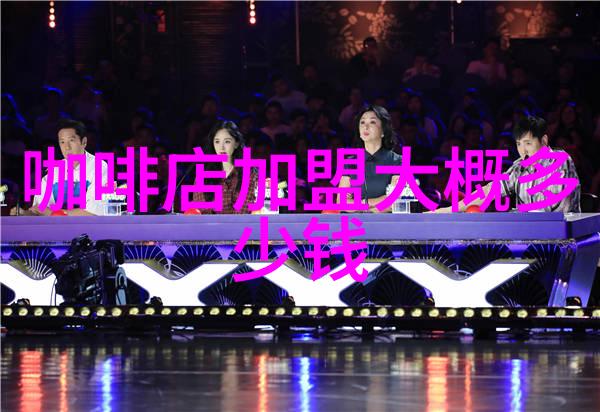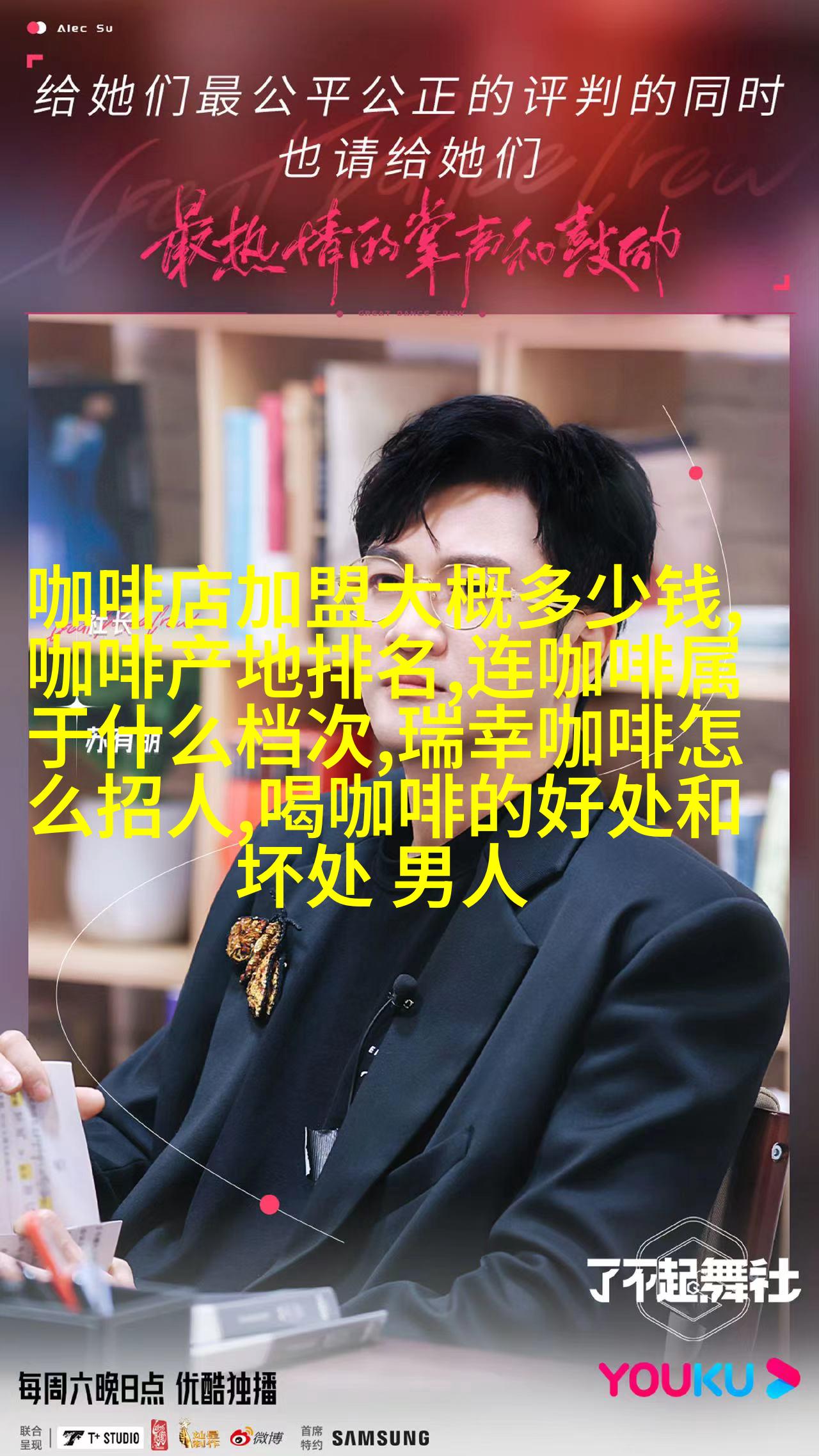首页 - 速溶咖啡 - agf创意数字艺术与技术的未来展览
What is the Future of Creative Digital Art and Technology?

In today's world, creative digital art and technology have become an integral part of our lives. From social media to advertising, they play a crucial role in shaping our perceptions and experiences. But what does the future hold for this rapidly evolving field?
How Will AI Shape the Future of Creative Digital Art?

Artificial intelligence (AI) has already started to make its mark on the creative industry. With advancements in machine learning algorithms, AI can now generate stunning visuals that were previously unimaginable. For instance, agf (Creative Digital Art & Technology Exhibition), a recent exhibition held in New York City showcased some remarkable examples of AI-generated art.
One such piece was created by artist Robbie Barrat using GANs (Generative Adversarial Networks). The artwork featured a mesmerizing landscape with swirling clouds and vibrant colors that seemed almost lifelike. While some critics argue that such creations lack human emotion or originality, others see them as a new frontier for artistic expression.

Moreover, AI can also aid human artists by providing tools like image recognition software that can analyze paintings from centuries ago and create high-resolution scans or even recreate lost works entirely. This opens up new possibilities for conservators and historians who study these artworks to gain insights into their creation process.
But as we delve deeper into this topic, it becomes clear that while AI offers tremendous potential benefits to the field of creative digital art – it also poses significant challenges when it comes to ethics and copyright issues.

Who Owns Creativity: Humans or Machines?
The question remains whether machines should be credited as co-creators alongside humans when generating artistic content using advanced algorithms like GANs or neural networks. Some argue that since these machines are simply executing instructions given by humans there's no need for separate credit; while others believe machines should be recognized as collaborators rather than mere tools because they contribute unique perspectives not found in traditional human-created works.

For instance consider agf exhibitions' founder Alex Reben who argues "Creativity isn't just about making something beautiful but also about making something meaningful." He believes machines could help us explore new ways of expressing ourselves creatively but only if we treat them ethically responsibly
This raises questions about how society will value creativity going forward - will we come to see technology not just as aids but essential partners in creating meaningful work?
As we continue exploring this subject further one thing is certain: change is inevitable; however embracing both opportunities presented by technological advancement along with ethical considerations necessary for responsible use will define future success within agf community
The debate over ownership rights may seem complex at first glance but understanding how these issues impact us all is key towards harnessing technology's power responsibly
Looking back at previous discussions on creativity one thing stands out - collaboration between different disciplines has always led innovation breakthroughs It seems likely then that combining forces with machines would yield similar results
Future holds much promise indeed especially considering how far-reaching impact agf exhibitions have had so far In conclusion let us embrace change courageously knowing full well what lies ahead
猜你喜欢
- 2025-04-04两者的烘焙程度对最终产品品质有什么影响吗
- 2025-04-04世界各国咖啡中巧克力含有咖啡因吗
- 2025-04-04与咖啡有关的历史名人-品味时光探索咖啡与历史名人的交响篇章
- 2025-04-042023最牛的商业模式越南咖啡现货价格微涨等待新产季风云变色
- 2025-04-042021年国际金融论坛印度尼西亚咖啡产量与出口下降超越10
- 2025-04-0414岁小朋友喝咖啡的秘密了解适量的重要性
- 2025-04-041. 发信息网是不是真的能让我们的生活更便捷
- 2025-04-14风华绝代她与她的梦想
- 2025-04-14行止两岸抒发情怀解读陆游最著名的诗作
- 2025-04-14欧洲歌谣节的演绎与传承

